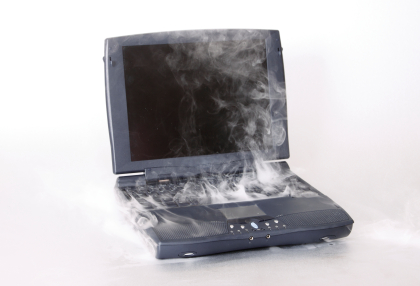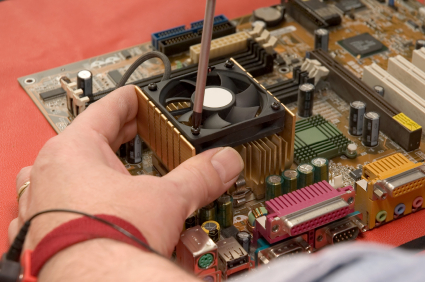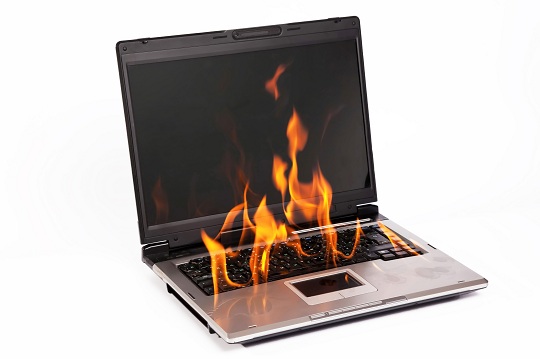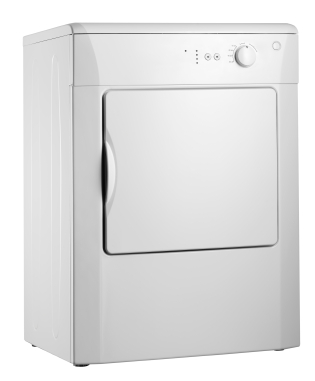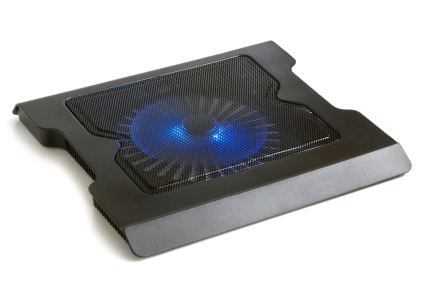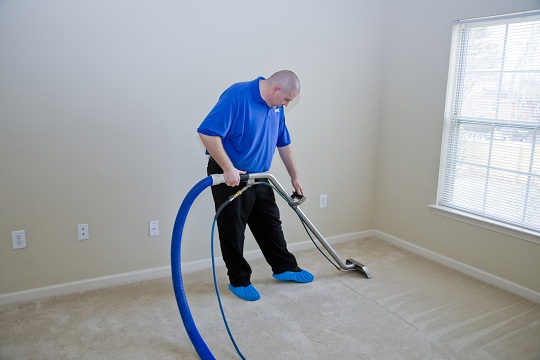Laptop Very Hot: What happens when a laptop overheats?
Overheating computers cause many problems, such as randomly shutting down your computer or losing valuable data. Know how to recognize the symptoms of overheating and learn how to prevent your laptop from getting very hot. Read the following steps to fix your overheating computer.
Causes of Overheating
Dust is not only the enemy of allergies, but also laptops. The accumulation of dust causes your laptop to get very hot because it builds up in the cooling fan panels and prevents the CPU fan, or cooling fan, from cooling the laptop. The heat sink can also become clogged with dust and overheat laptops.
Using your laptop on your lap, bed, pillow, clothes, carpet or other soft area contributes to overheating because it prevents proper ventilation. Soft surfaces, especially cloth, are more likely to hold dust and lint, which can clog the CPU fan.
When you run multiple programs at once on your laptop you can drive the CPU usage to its maximum capacity, thereby contributing to overheating.
Signs of Overheating
If your computer is overheating, your fan will make a lot of noise because it is struggling and overworked. Over time, the CPU fan accumulates dust and eventually gets clogged. This prevents the fan from effectively cooling down the laptop, which is why the bottom of the laptop gets hot.
When the bottom of the laptop is hot then your laptop is on its way to frying an egg—or your data.
How to Prevent Overheating and Cool Down Your Laptop
Stop dust accumulation before it builds up. Regularly clean the cooling fan by blasting away dust with a compressed air can. If you wait too long and allow the dust to build up, the compressed air will just blow the dust farther into your laptop, and will deteriorate the quality of the laptop much quicker.
Make sure to always use your laptop on a hard surface, such as a desk or a table. We suggest getting a cooling pad that blows cold air on the bottom of the hot laptop. You should also consider elevating the back of your laptop with a hard prop–not a pillow or blanket–so that air ventilation can pass through to enhance the cooling process.
If the overheating problem persists, you may need to take your laptop apart to clean the CPU fan and heat sink.. We recommend hiring a professional IT technician, which you can find easily through TalkLocal.

